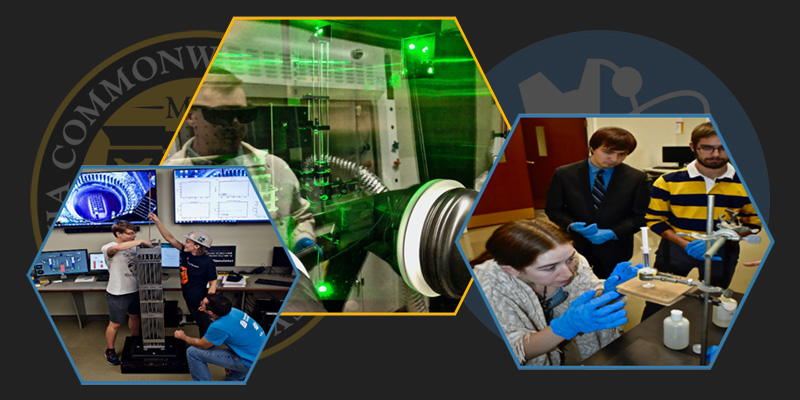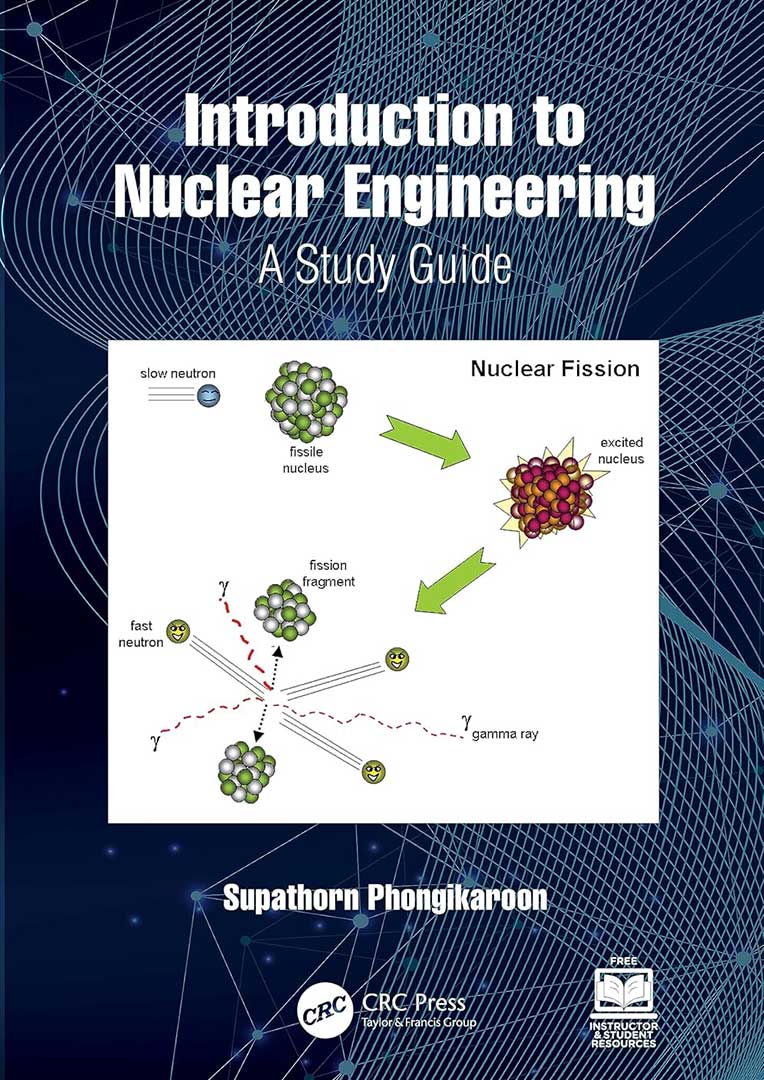Virginia Commonwealth University (VCU) Spotlight
VCU offers the US’s only combined doctorate in Mechanical & Nuclear Engineering and a full range of undergraduate nuclear engineering courses. It is a key source of new nuclear engineers.
VCU’s Nuclear Engineering Program
Graduate Program Ranked #18 (U.S.News & World Report)
VCU’s Nuclear Engineering Program is set to develop the future generation of nuclear scientists after receiving $1.5m funding from the U.S. Department of Energy – Integrated Research Project.

Introduction to Nuclear Engineering: A Study Guide
Introduction to Nuclear Engineering serves as an accompanying study guide for a complete, introductory single-semester course in nuclear engineering.
This book is structured for general class use, alongside fundamental nuclear physics and engineering textbooks, and it is equally suited for individual self-study.
It begins with basic modern physics with atomic and nuclear models and goes on to cover nuclear energetics, radioactivity and decays, and binary nuclear reactions and basic fusion.
Exploring basic radiation interactions with matter, the book finishes by discussing nuclear reactor physics, nuclear fuel cycles, and radiation doses and hazard assessment. Each chapter highlights basic concepts, examples, problems with answers, and a final assessment.
The book is intended for first-year undergraduate and graduate engineering students taking Nuclear Engineering and Nuclear Energy courses.


